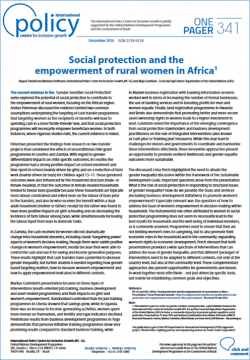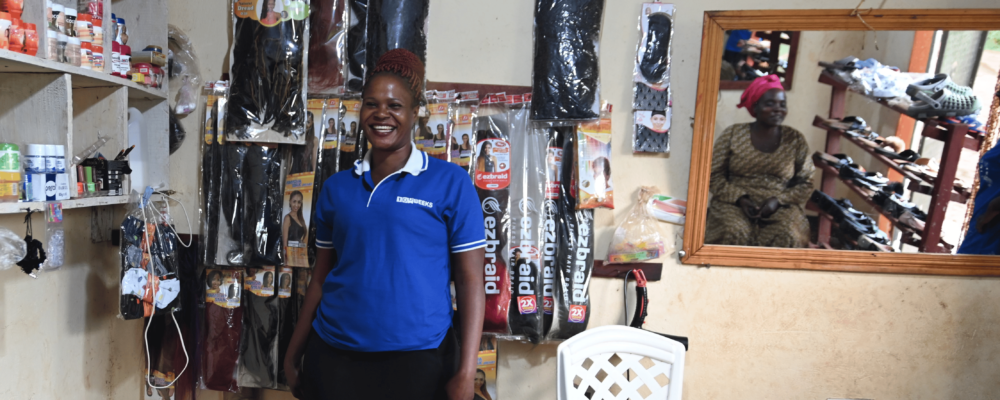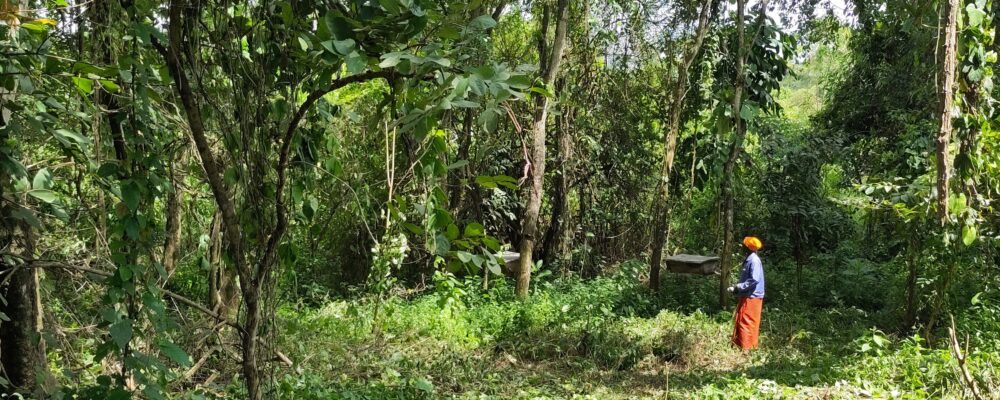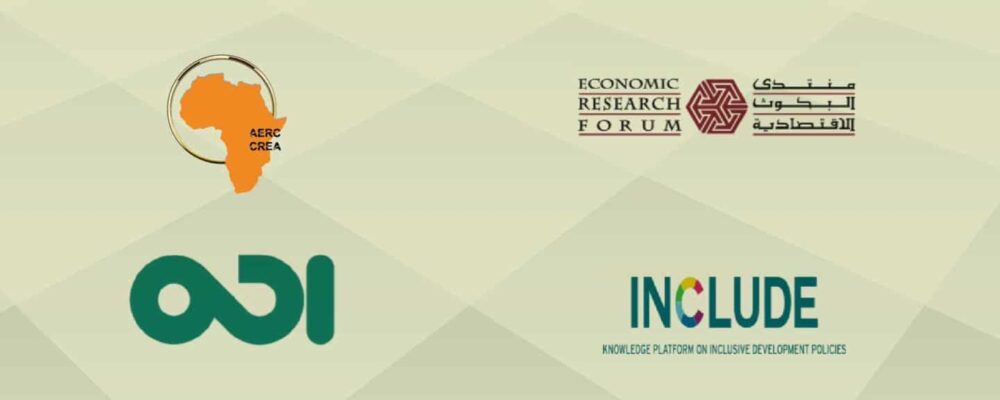- In this webinar two research projects with mixed results are presented, exploring social protection as a tool for women’s empowerment. In the first project on cash transfers for example, fathers in dual-adult households in Lesotho who received benefits would favour girls school enrollment and decrease the amount of farm-work they do, while female-headed households where women receive the benefits favour boys in this respect. In Zambia, there were subtle changes in women’s empowerment but little change in intra-household dynamics.
- A second project shows how youth-oriented job training, business development and asset-related programmes positively influenced girls’ and women’s empowerment. The importance of the rise of ‘cash plus’, or ‘training plus’ programs, combining cash transfers with other interventions for sustainable solutions is underlined.
- Social protection programmes should promote women’s economic activity and ensure they do not limit their roles to caregiving. Different context- specific intervention ‘packages’, including different types of interventions, like cash transfers and job training, should be used to address these issues.








